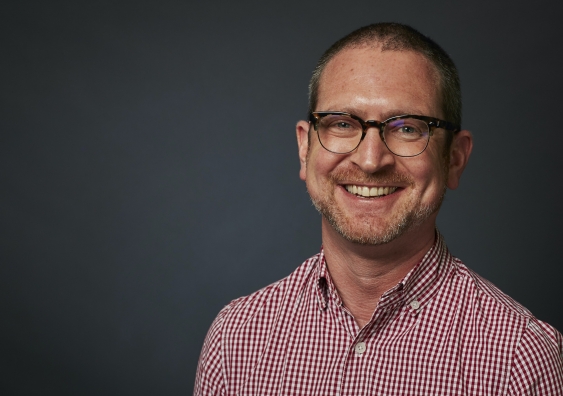NHMRC funding of $1.2m enables researchers to continue to refine Australia's HIV response
UNSW Sydney’s longstanding partnership with state health departments and community HIV organisations will be extended to engage a broader range of people affected by HIV.


